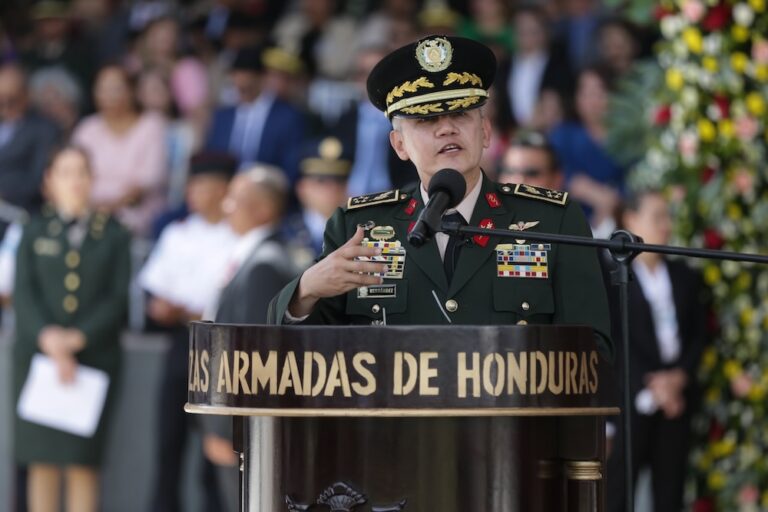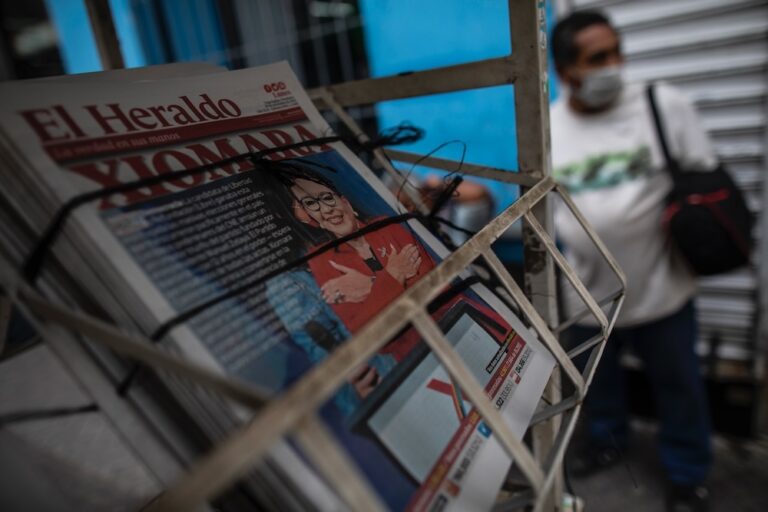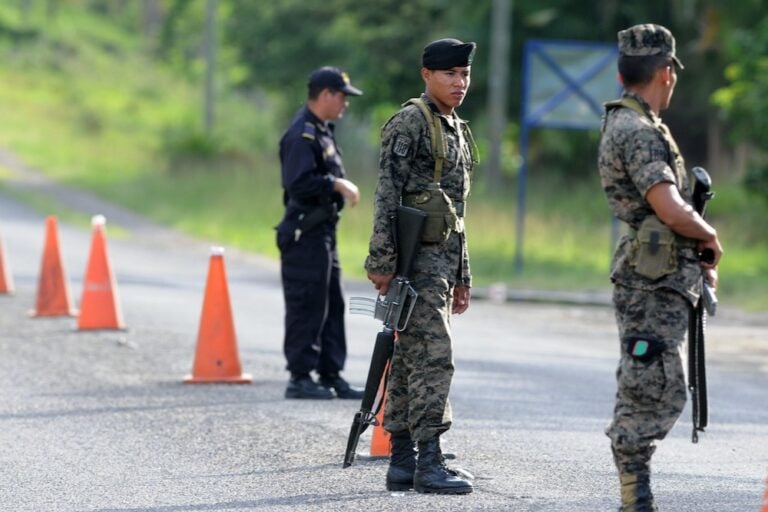(PROBIDAD/IFEX) – On 7 June 2005 the constitutional chamber of the Supreme Court unanimously dismissed charges against Rossana Guevara, director of Corporación Televicentro Channel 5’s “TN5” news programme. She was accused in August 2003 of the crime of defamation and slander. The case took almost two years to be resolved. The legal action was launched […]
(PROBIDAD/IFEX) – On 7 June 2005 the constitutional chamber of the Supreme Court unanimously dismissed charges against Rossana Guevara, director of Corporación Televicentro Channel 5’s “TN5” news programme. She was accused in August 2003 of the crime of defamation and slander. The case took almost two years to be resolved.
The legal action was launched by Victor Bendeck, a former media businessman and banker now a fugitive from justice, after the programme’s 20 May 2003 edition reported on allegations of corruption against Bendeck, apparently linked to the fraudulent bankruptcy of a bank he owned.
According to the authorities, Bendeck is one the people directly responsible for the bankruptcy of the Banco Corporativo (Bancorp), which is considered one of the worst crimes involving fraud ever committed against Honduran citizens and the state. The news item was based on an official source, the National Anti-Corruption Council (Consejo Nacional Anticorrupción), which was dissolved in 2004.
Nevertheless, Bendeck considered himself to have been negatively affected by the reporting and initiated legal proceedings against the journalist.
Under Honduran law, anyone filing a complaint against another individual must appear in court and cannot be represented by third parties or a lawyer. Bendeck, being a fugitive from justice, did not appear in court for the conciliation hearing held in August 2003. Although this was legal justification for acquitting the journalist, another court, the “Tribunal de Sentencias”, ignored that fact and proceeded to consider the complaint.
The journalist’s defence lawyer, Geovanny Hernández, told the Committee for Free Expression (Comité por la Libre Expresión, C-Libre) that after a long, drawn out process in the courts, including appeals, the denial of justice and delays in rulings, “finally the law is being applied and the journalist has been acquitted, which strengthens press freedom.”
Hernández also explained that the constitutional chamber of the Supreme Court based its unappealable decision on Article 90 of the Constitution, which defines and guarantees due process, and on section 411 (b) of the Criminal Code, which defines what constitutes the tacit voluntary dropping of a legal action.
“It was demonstrated to the courts that the journalist only reported what was in the public domain, and at no time harmed anyone’s dignity or public image,” Hernández added.


